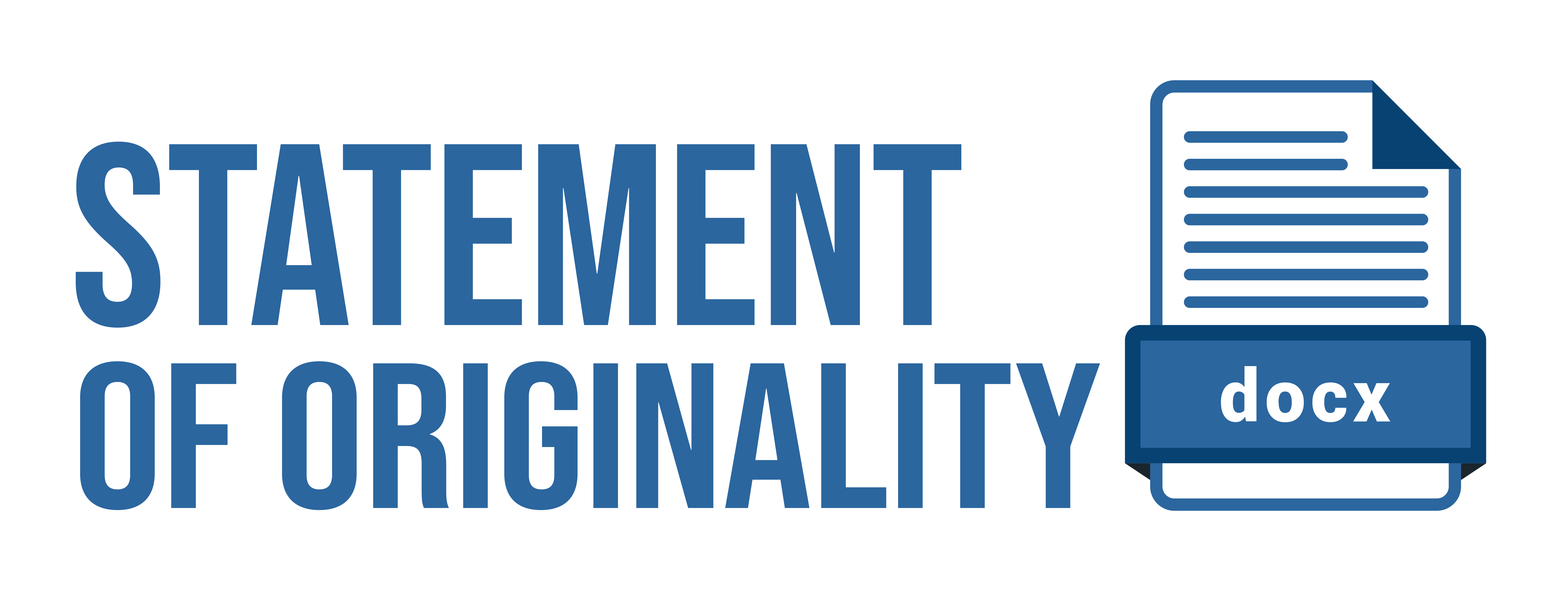KONTROVERSI KEDUDUKAN ‘ASHABAH DALAM HUKUM WARIS ISLAM MENURUT MADZHAB SYI’AH ITSNA ‘ASY‘ARIYYAH
DOI:
https://doi.org/10.15575/as.v16i1.627Abstract
In Islamic inheritance law system, ulama agreed on the distribution of waris as an ‘ashabah, especially among Sunni. However, it is different from the opiÂnions of ulama among Syi’ah Itsna ‘Asy‘ariyyah which stated that ‘ashabah is out part from the Islamic inheritance law system. In determining the law, ulama SyiÂ’ah Itsna ‘Asy‘ariyyah refers to the Koran, Hadith, and the consensus of the ulama (ijma), and the thought by different ways and methodologies with Sunni. Ulama Syi’ah Itsna ‘Asy‘ariyyah has understood ‘ashabah with their own understanding. They said that ‘ashabah (the residual) is only given to a group of men from tirkah given to ‘ashabah al-furudl, they thought that the residual must be returned to all thabaqat certain groups. Therefore, ulama Syi’ah Itsna ‘Asy‘ariyyah were denying the extance of ‘ashabah In the Islamic inheritance law system. Based on the issue, this paper try to explain the underÂstanÂding of ulama Syi’ah Itsna ‘Asy‘ariyyah in determining the law, especially in field of ‘ashabah.
Downloads
Published
How to Cite
Issue
Section
Citation Check
License
The author whose published manuscript approved the following provisions:
- Authors retain copyright and grant the journal right of first publication with the work simultaneously licensed under a Attribution-ShareAlike 4.0 International (CC BY-SA 4.0) License that allows others to share the work with an acknowledgment of the work's authorship and initial publication in this journal.
- Authors are able to enter into separate, additional contractual arrangements for the non-exclusive distribution of the journal's published version of the work (e.g., post it to an institutional repository or publish it in a book), with an acknowledgment of its initial publication in this journal.
- Authors are permitted and encouraged to post their work online (e.g., in institutional repositories or on their website) prior to and during the submission process, as it can lead to productive exchanges, as well as earlier and greater citation of published work (See The Effect of Open Access).






